Analysis and commentary on the Network’s experiences coordinating climate-resilient development.

Can You Build Peace and Adapt to Climate Change at the Same Time?
By Alec Crawford, International Institute for Sustainable Development (IISD)
The scale of the humanitarian crisis in Somalia is immense. It has also been described as the most vulnerable country in the world to climate change. There is growing recognition that it must start adaptation planning now to protect and enhance the peace gains that have been made.
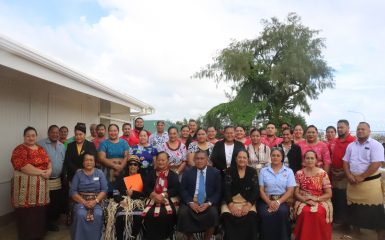
Tonga Climate Change Adaptation Media Training and Launching of Portal
On the 27th of March 2021 at Davina House, Chief Executive Officer Paula Ma’u of the Ministry of Meteorology, Energy, Information, Disaster Management, Environment, Climate Change and Communications (MEIDECC) officially opened and launched the Department of Climate Change’s portal.
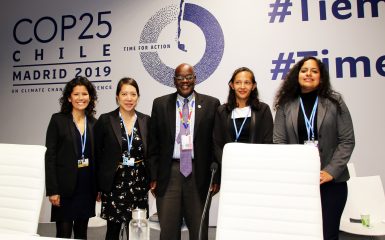
An Independent Evaluation of the NAP Global Network: Exceeding expectations
An independent evaluation of the work accomplished with funding from the United States Department of State (USDS) from 2015 to 2020 was conducted to assess progress and provide recommendations for how the NAP Global Network should move forward. FInd out how we did!
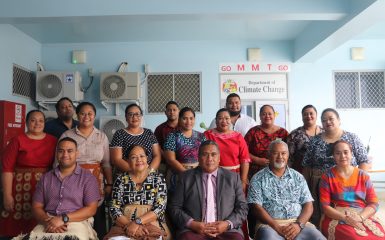
Tonga’s Journalist-Briefing Workshop with the Joint National Action Plan on Climate Change
On the 25th March 2021, the Chief Executive Officer Mr Paula Ma’u, officially opened a half-day workshop held by the Department of Climate Change under the Ministry of MEIDECC for media professionals and journalist from different Media Organization in Tonga.
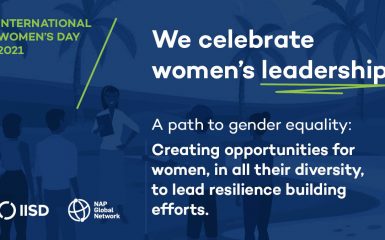
Celebrating Women and the Path to Equality
By Catherine Burge and Julia Donaldson, International Institute for Sustainable Development (IISD)
This International Women’s Day, the NAP Global Network reflects on examples of the work and resources available to support women’s rights, talents, leadership, and ingenuity in climate action.

International Women’s Day: Announcing a partnership between the NAP Global Network and award-winning social enterprise Lensational
Announcing a collaboration that will use photography training to empower women to share their stories with policy makers involved in climate change adaptation.
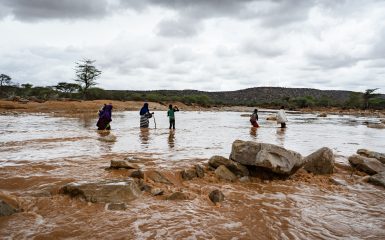
Climate Security and Peacebuilding in a Time of Converging Crises
By Alec Crawford and Julia Donaldson, IISD
While rarely in and of itself a sole driver of violence, climate change impacts can exacerbate traditional drivers of conflict. The international community must come together to help vulnerable countries build resilience on all fronts.

Enhanced NDCs Are Making Strong Links to National Adaptation Plans
Anika Terton and Christian Ledwell, IISD, in collaboration with IKI Support Project for the Implementation of the Paris Agreement (SPA)/GIZ
Many countries have initiated and are advancing their NAP processes to identify and address their priorities for adapting to climate change.

Resilience in Action: What we learned from our first 5 years supporting adaptation governance
Anne Hammill, Senior Director, Resilience Program, International Institute for Sustainable Development (IISD)
Progress takes many forms. How can we transform adaptation planning and decision-making systems to reduce harm and loss in the face of climate change? Here’s what we’ve learned so far.
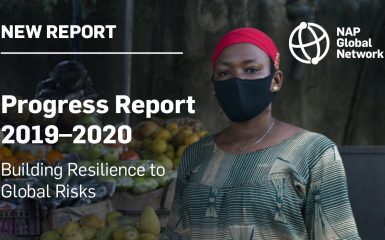
Building Resilience to Global Risks: Read the Network’s 2019-2020 Progress Report
New progress report looks back at achievements from December 2019 to November 2020
Look back at what the NAP Global Network achieved from December 2019 to November 2020 with its partners in developing countries.

Why Learning Is Essential for Climate Adaptation Monitoring and Evaluation
Patrick Pringle, Pandanus Climate Consulting/Senior Research Associate, Climate Analytics
As recognition of learning within monitoring and evaluation for climate adaptation grows, this guest blog explores how to move from rhetoric to practical action.
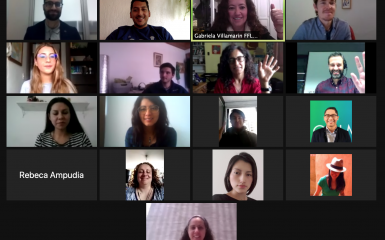
Exchanging Experiences: The Progress and Challenges in Assessing Climate Risks in Latin American Countries
The third Exchange of Experiences and Dialogue on the Preparation and Implementation of National Adaptation Plans of Latin American Countries took place, where ten representatives from five different countries met to learn more about the tools to assess climate risks and its links to gender equality.